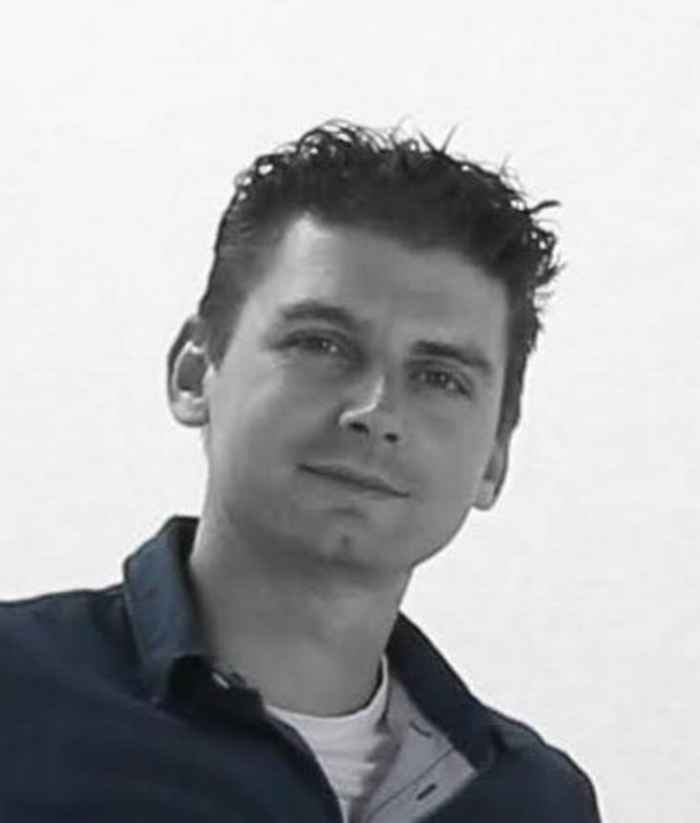Computational science can tackle society’s wicked problems – but not without the help of experts
7 July 2022

What do health inequalities, the energy transition and global climate change have in common? They are wicked problems that arise from many interacting factors at multiple levels – from cells, to individuals, to societies. Simulation models are necessary to make predictions and design interventions for wicked problems, but there is a problem: there will never be enough numerical data at all levels simultaneously to create simulation models from scratch.
Publication
A team of researchers, each working on wicked problems and affiliated with the Institute for Advanced Study of the University of Amsterdam, developed a new systematic methodology to include expert knowledge, as an addition to numerical data, in the development of simulation models to tackle society’s wicked problems. The researchers published their new methodology in the journal Psychological Methods.
Simulation models
First: why would we need simulation models to tackle society’s wicked problems at all? Loes Crielaard from the Department of Public and Occupational Health at the Amsterdam UMC explains: ‘Wicked problems are usually not studied with simulation models because they arise from many interacting factors at multiple levels, which makes the development of simulation models difficult. However, the fact that so many factors and levels are involved is also exactly the reason why simulation models are important to study wicked problems. It would be impossible for us humans to reason about or make calculations for problems that are so complex – we need a computer to do that for us. Simulation models are important tools for making predictions and designing interventions in complex contexts where a lot of things are happening all at once. That is why we, for example, use them to forecast the weather, manage traffic flows, develop COVID-19 policy and make predictions about global warming in different scenarios in the Intergovernmental Panel on Climate Change (IPCC).’

Numerical data
Simulation models are important to tackle society’s wicked problems, but it is not easy to develop simulation models for such complex contexts. Dr. Rick Quax of the Computational Science Lab (CSL) comments: ‘Traditionally, numerical data are important building blocks for the development of simulation models, possibly combined with methodologies such as machine learning. We know very well how to do that. Numerical data alone, however, are not always enough. Some things simply cannot be captured with numerical data. An example is the ‘social inequality’ concept: it actually consists of many related concepts, such as access to health care or education, and is highly context-dependent, which means that one measure of social inequality in one region or country might not be applicable in another. In these scenarios, the best we could do is to supplement the numerical data with qualitative expert knowledge – but we don’t have systematic methodologies for that.’
Expert knowledge
We need methodologies that can make up for insufficient numerical data to develop simulation models for society’s wicked problems. The team developed such a methodology, the first part of which consists of a structured procedure to ask experts everything they know about a wicked problem that can help simulate it. The second part describes in detail how this expert knowledge can then actually be transformed into a simulation model using computational modelling techniques. The end product is a simulation model on a computer that can answer questions about what could happen in the future and about how that might change when we try to intervene. In this methodology expert knowledge thus compensates for numerical data as a building block for the development of simulation models.
Different backgrounds
The team of researchers from the Institute of Advanced Study has experience with wicked problems such as obesity, inequalities in chronic stress, Alzheimer’s disease and loneliness and is working on, for example, pandemic management and organised crime. Together they have a lot of experience with working with experts from different background on wicked problems. Jeroen Uleman from the Department of Geriatric Medicine of Radboud UMC explains: ‘The experts were enthusiastic when we invited them to bring together all the factors from each of their fields of study. Observing all the factors and their interactions simultaneously was not something that they were able to do using traditional methodologies.’ Bas Châtel from the Department of Geriatric Medicine of Radboud UMC adds: ‘We saw this as a confirmation of the clear need for our methodology. How are we going to tackle wicked problems that operate at multiple levels and touch upon multiple disciplines, if everyone only keeps working on their specific sub-problem?’
Research information
Article in APA PsycNet: Refining the Causal Loop Diagram: A Tutorial for Maximizing the Contribution of Domain Expertise in Computational System Dynamics Modeling.